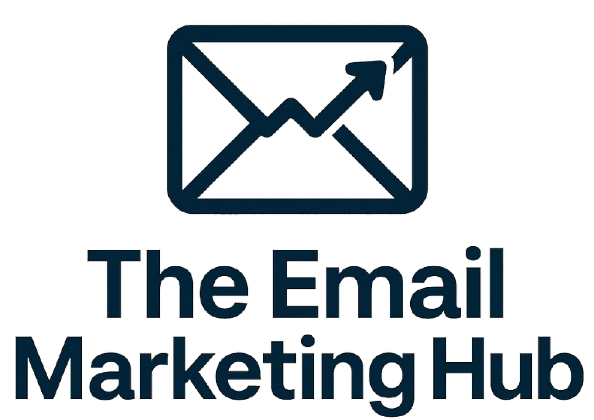OpenAI is staffing up to expand ChatGPT’s marketing reach and build on-platform marketing tools.
A recent job listing shows the company is hiring a Growth Paid Marketing Platform Engineer to develop internal tools for ad platform integration, campaign management, and real-time attribution. The position is part of a newly formed “ChatGPT Growth team,” and tasked with “building the technical infrastructure behind OpenAI’s paid marketing platform.”
While the company has said it is exploring advertising, it does not currently have on-platform capabilities. This job listing is a rare signal of OpenAI’s plans for an in-house marketing platform within ChatGPT, and part of the AI company’s broader growth plans.
The job posting calls for an engineer to “join our new ChatGPT Growth team to build and scale the systems that power OpenAI’s marketing channels and spend efficiency,” adding that this person would be responsible for “developing campaign management tools, integrating with major ad platforms, building real-time attribution and reporting pipelines, and enabling experimentation frameworks to optimize our objectives.”
“As we are in the early stages of building this platform, we will rely on you to design and implement foundational MarTech infrastructure that make our marketing investments more effective, measurable, and automated,” the listing says.
This adds to recent reporting showing that OpenAI is quickly ramping up its advertising ambitions. On Wednesday, Alex Heath of Sources reported that OpenAI’s CEO of Applications, Fidji Simo, was meeting with candidates to “lead a new team that will be tasked with bringing ads to ChatGPT.” Simo had previously been CEO of Instacart, where she was tasked with building that company’s ads product.
OpenAI did not respond to requests for comment.
Few companies build their own ad-buying systems—outside of giants like Google, Meta, or Amazon—and typically rely on agencies or third-party tools to handle campaign automation and measurement. Universal McCann, for example, is overseeing the social media buy for Perplexity while the AI startup manages all streaming placements internally.
Critically, this job listing would support building backend infrastructure—APIs, data pipelines, and services—to manage campaigns, measure attribution, and optimize ad spend. This internal infrastructure would give OpenAI the ability to run marketing at scale without relying on external agencies, two industry insiders said, adding that successfully doing so for itself could lay the foundation for a broader product that lets other brands run campaigns through ChatGPT.
Jacob Bourne, an analyst at eMarketer, said this also reflects OpenAI’s effort to scale its advertising internally rather than relying on outside agencies, enabling more control over spend across platforms like Google and Meta. “Outsourcing would mean less control and more risk given its sensitive market position,” Bourne said.
Bourne added that while it may be striking to see a company that began as a nonprofit research lab make this kind of move, it reflects OpenAI’s for-profit pivot and broader push into revenue generation.
The hire also comes on the heels of OpenAI appointing Omnicom Media Group’s PHD as its global media agency of record (AOR), to handle global media planning and buying for the ChatGPT-maker.
Over the past year, OpenAI has onboarded notable executives with advertising backgrounds, including Simo, and has experimented with shopping and ecommerce integrations on ChatGPT. The AI chatbot’s usage has grown rapidly, hitting 700 million weekly active users in August, up fourfold from a year earlier, and the tool is now available on Apple devices.
OpenAI is also moving toward a public benefit corporation, granting the controlling nonprofit an equity stake worth at least $100 billion and reaching a tentative deal to resolve financial issues with Microsoft. Analysts have pointed out that the changes signal a shift toward revenue generation alongside AI development.
Some adtech observers suggested the platform could eventually become a product in its own right. ChatGPT could allow a person to provide campaign goals and data, and then autonomously select platforms, choose campaign types, execute the ads, and analyze performance—all automatically.
“Not many companies take this step,” said an ad tech executive who requested anonymity. “If OpenAI succeeds internally, they could flip this into a product and potentially bypass agencies entirely.”

